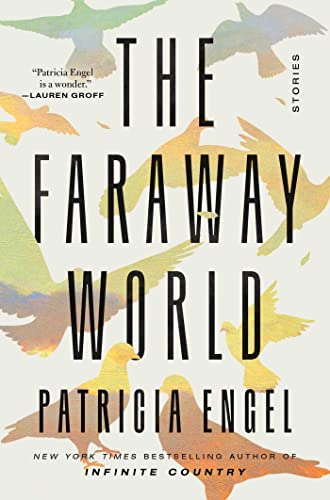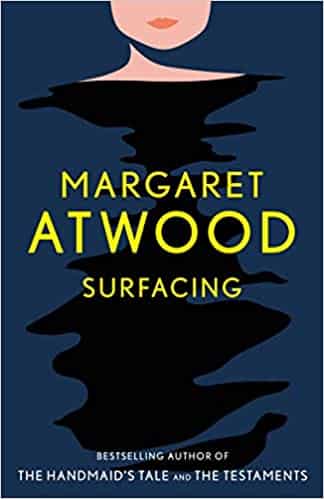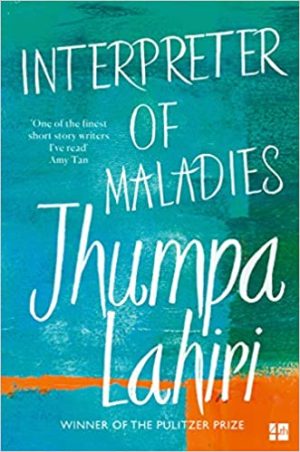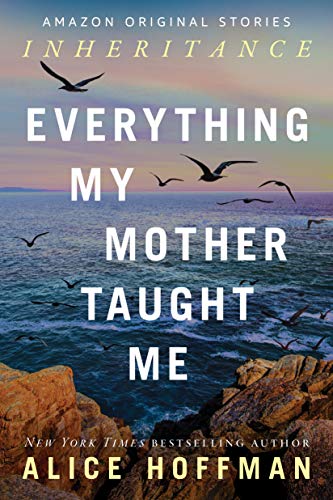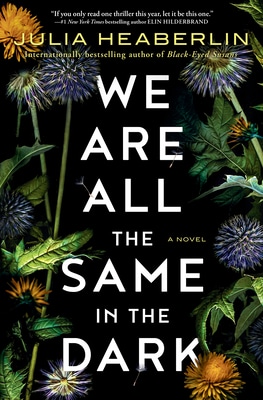Advocating with Congressman Malinowski
Estimated reading time: 1 minute, 47 seconds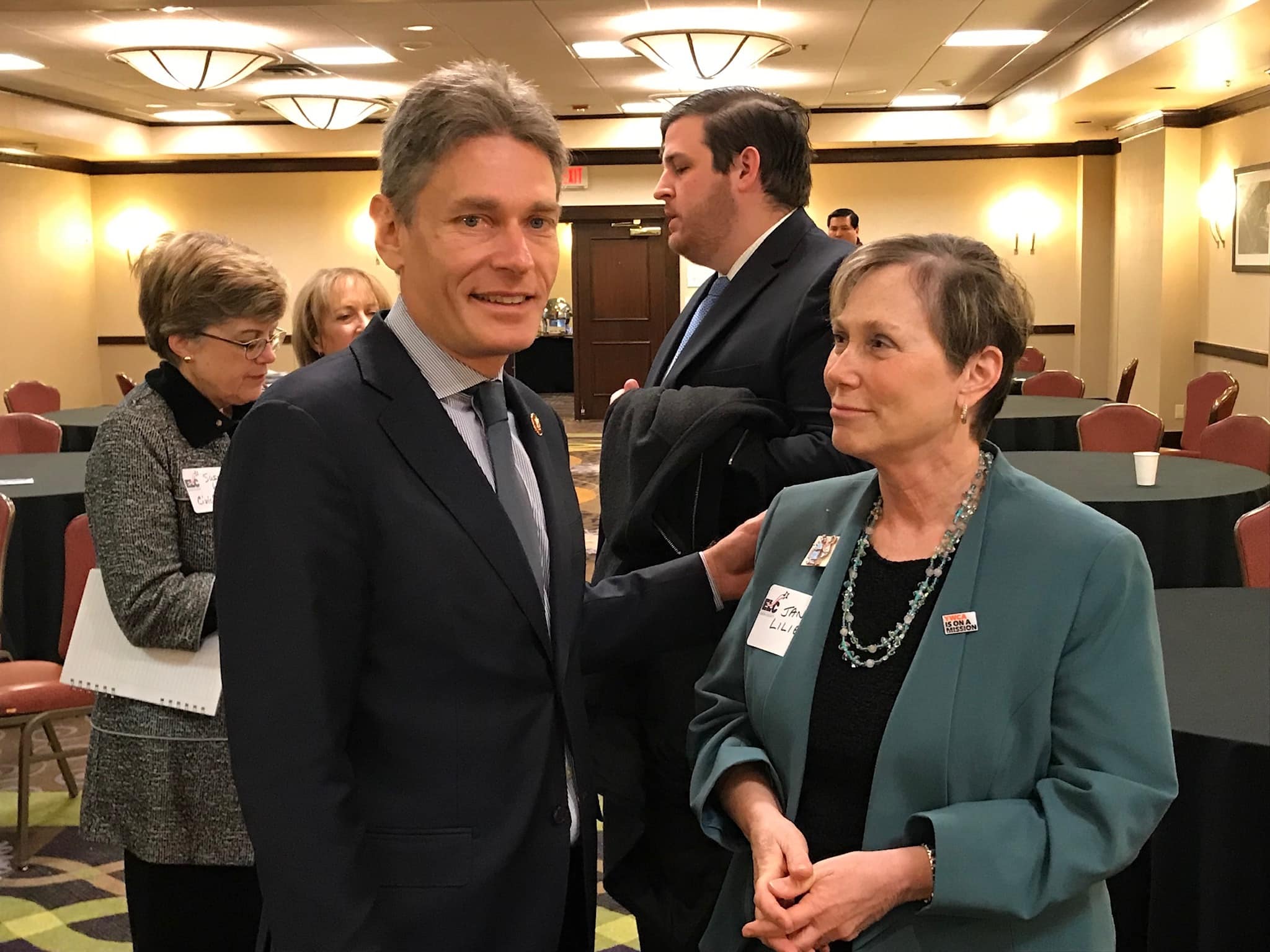
Congressman Tom Malinowski and Jan Lilien, CEO, YWCA Union County
Attending the Union County ELC Event with Congressman Malinowski
On Friday, January 19, 2019, I attended the Union County Employer Legislative Committee (ELC) event to meet Congressman Tom Malinowski. The ELC Meting would have been one of many events that I would attend in my old life.
My wife invited me to attend, and she appears in the photograph with the newly elected member of Congress.
Still functioning as if I still had a job and was a full-time advocate, I had reached out to Monarch Housing to encourage them to attend. Very happy that they sent Kate Kelly to the event. I kept suggesting ideas to Kate on doing similar circumstances, and I ended up being the photographer for her and my wife.
Jan and I did have a few minutes to chat with Congressman Malinowski about the refugee crisis. He introduced us to his NJ field director so we could set up a meeting.
The Congressman primarily spoke about the issue of the day – the shutdown – and adjusting to being a member of Congress. Most questions focus on business issues – transportation, jobs, etc. He makes excellent eye contact, and his answers indicate a depth of understanding of the issues of concern in his district.
I debated asking about the affordable homes crisis or refugees, but time ran out for questions.
I enjoyed the event and tried to make connections. One employer that I had submitted a resume was there, but they left before I had a chance to meet them.
I did speak to a non-profit news outlet. They seemed interested but only wanted a volunteer to help with research. I kept it as an option but still hoping for a paid opportunity, even part-time, feeling the stress of retirement and knowing the financial gap that Jan and I face this year.
Returning home, reach out to a former colleague about a job posting in her agency. Never in my life have I reached out to ask someone to put in a good word for me.
After almost 48 years, I recently lost my wife, Jan Lilien. Like The Little Prince, Jan and I believed that “The most beautiful things in the world cannot be seen or touched, they are felt with the heart.” This blog is a collection of my random thoughts on love, grief, life, and all things considered.


